The Centers for Disease Control and Prevention's Advisory Committee on Immunization Practices (ACIP) has rescheduled a meeting for December 4 and 5 to discuss the federal childhood vaccine schedule, despite concerns over the qualifications and views of its new members. The meeting, initially set for October but postponed during the government shutdown, will include discussions on vaccine safety, the childhood and adolescent immunization schedule, and hepatitis B vaccines, with a vote on the latter expected.
According to a Federal Register notice released Thursday, the meeting will feature presentations from various experts, including representatives from the CDC and the National Institutes of Health. However, critics have raised concerns over the qualifications of the new ACIP members, who were appointed by Health Secretary Robert F. Kennedy in June. The new panel is composed of 12 individuals, nearly all of whom have expressed anti-vaccine views or lack extensive experience in vaccine development and safety.
In a statement, Dr. Peter Hotez, a prominent vaccine expert and professor at Baylor College of Medicine, expressed his concerns over the new ACIP members. "The appointment of this panel is a clear indication that the current administration is prioritizing ideology over science," he said. "The ACIP's role is to provide evidence-based recommendations on vaccine policy, not to promote a particular agenda."
The ACIP's new members were chosen from a pool of applicants, but many experts have questioned the vetting process and the qualifications of the selected individuals. For example, one new member, Dr. Meryl Nass, has been a vocal critic of vaccine safety and has promoted conspiracy theories about vaccine-related health risks.
The ACIP's previous meeting in September had already raised concerns over the panel's approach to vaccine policy. At that meeting, the panel voted to recommend a new vaccine schedule, which was met with criticism from some experts who argued that the changes were not based on sufficient scientific evidence.
The current developments have sparked concerns among public health experts and advocacy groups, who fear that the ACIP's new direction may undermine the effectiveness of the childhood vaccine schedule. "The ACIP's role is critical in ensuring that vaccine policy is based on the best available scientific evidence," said Dr. Paul Offit, a pediatrician and vaccine expert at the Children's Hospital of Philadelphia. "We need to ensure that the ACIP is composed of experts who are committed to evidence-based decision-making."
The ACIP's meeting on December 4 and 5 will be closely watched by public health experts and advocacy groups, who will be monitoring the panel's discussions and decisions on vaccine policy. The outcome of the meeting will have significant implications for the effectiveness of the childhood vaccine schedule and the health of millions of children in the United States.




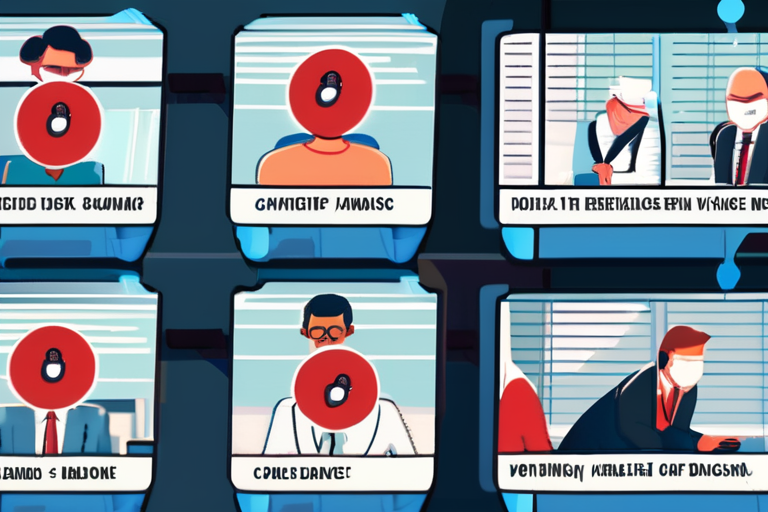




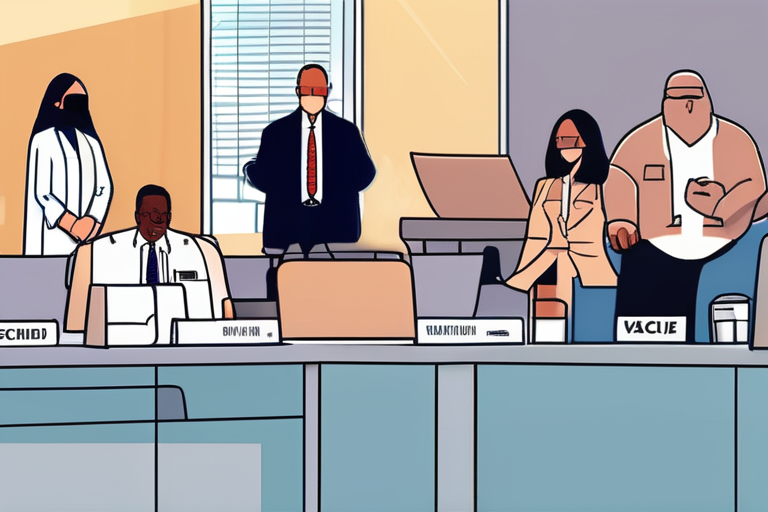
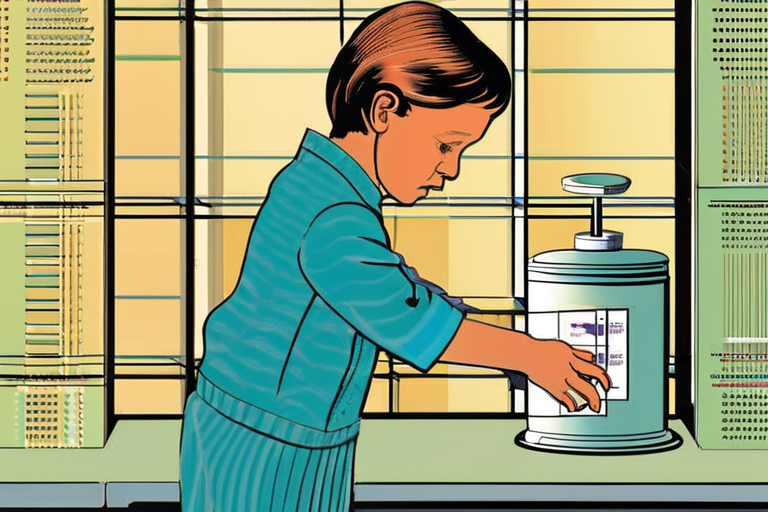


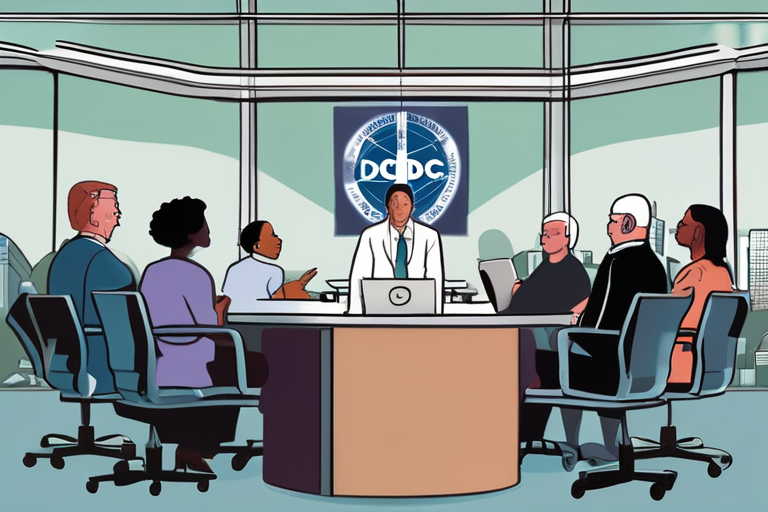
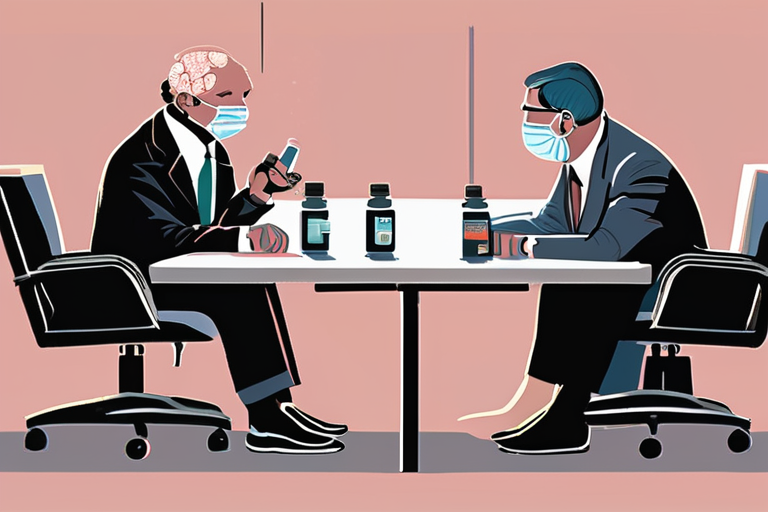

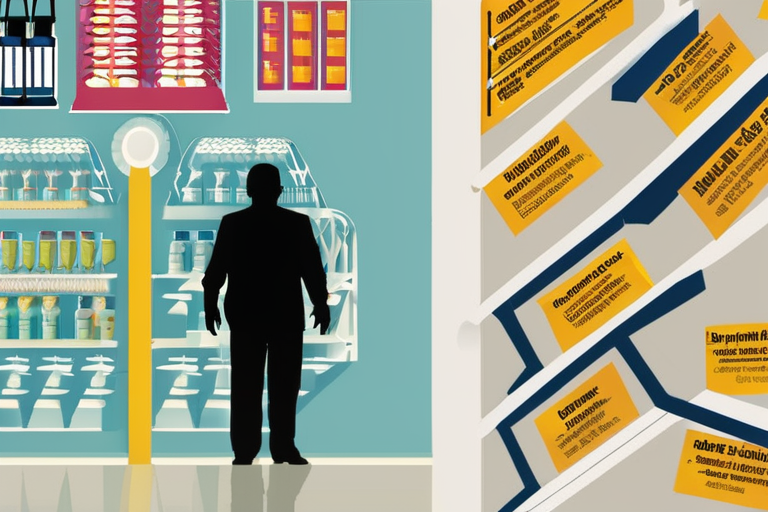


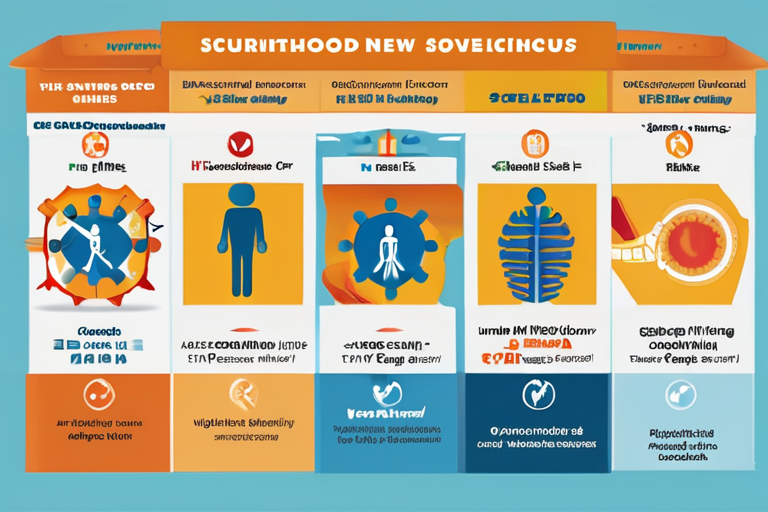
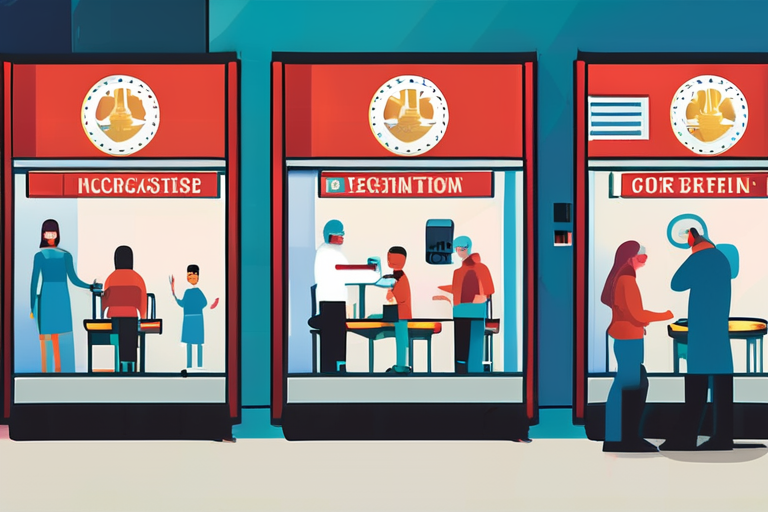
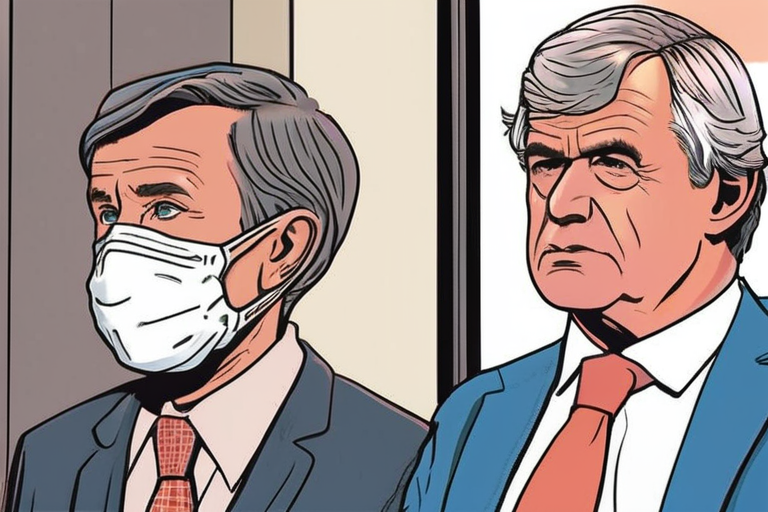

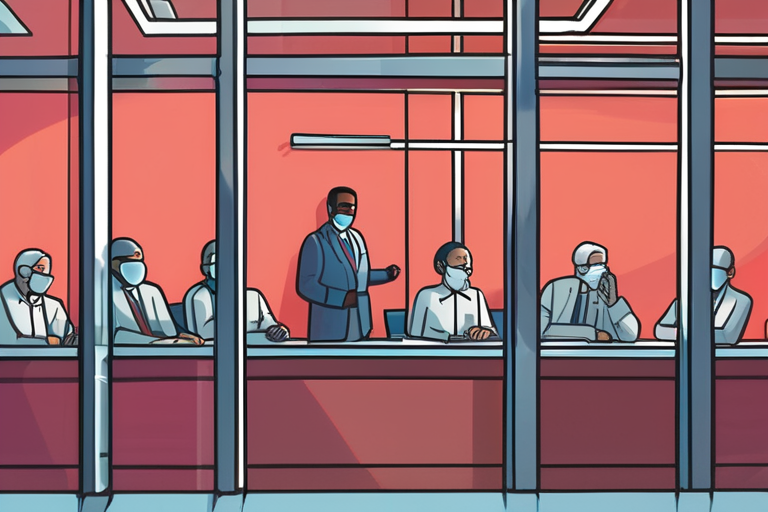


Share & Engage Share
Share this article